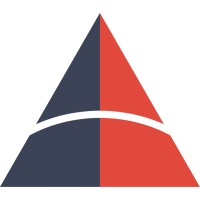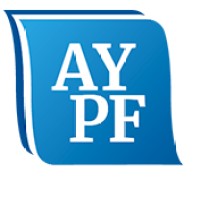
Alliance for Health Policy
The Alliance for Health Policy is a nonpartisan, not-for-profit organization dedicated to helping policymakers and the public better understand health policy, the root of the nation’s health care issues, and the trade-offs posed by various proposals for change. We believe a better health care system begins with a balanced exchange of evidence, experience, and multiple perspectives. Regardless of their point of view, our audience recognizes the Alliance’s reputation as a well-respected source for unbiased health policy information. Our Vision: A better health care system achieved through balanced exchange of evidence, experience, and multiple perspectives. Our Mission: To inform solutions for improving health care in the United States by bringing together policymakers and health leaders in nonpartisan forums. We advance learning and dialogue about fundamental and emerging health care issues and the trade-offs posed by proposals by change.






